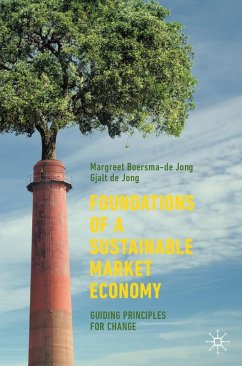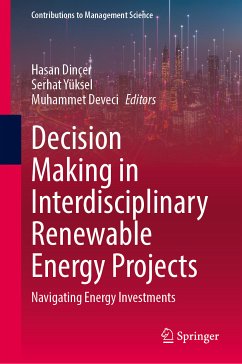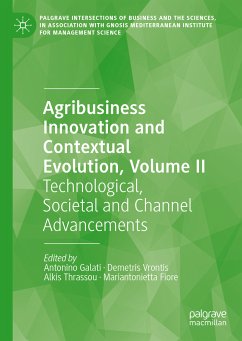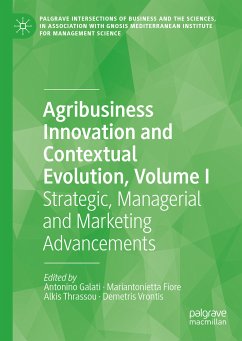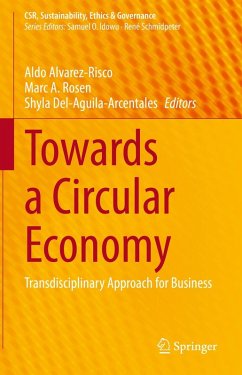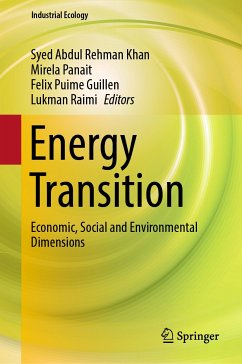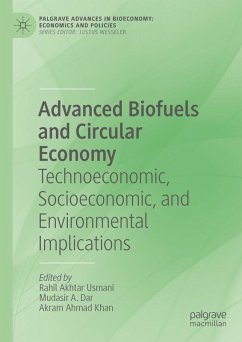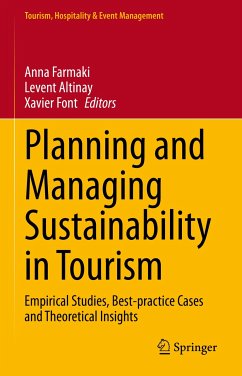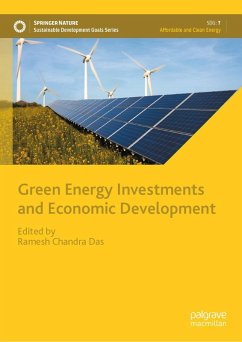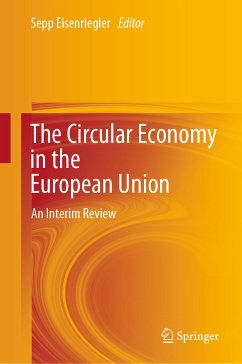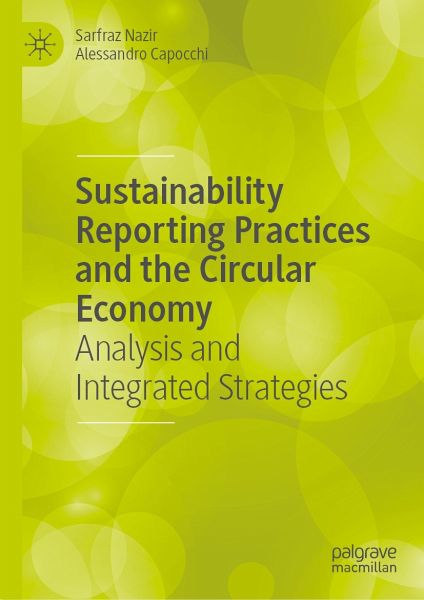
Sustainability Reporting Practices and the Circular Economy (eBook, PDF)
Analysis and Integrated Strategies
Versandkostenfrei!
Sofort per Download lieferbar
112,95 €
inkl. MwSt.
Weitere Ausgaben:

PAYBACK Punkte
56 °P sammeln!
The Circular Economy (CE) and CE-related approaches are increasingly prominent in corporate strategy, with potential environmental, social, and economic benefits to the organization. However, a comprehensive framework that incorporates CE with governance and reporting practices, providing accurate assessments of CE's success in achieving sustainability targets and other goals, is not yet in place. This book addresses that gap, analyzing the relationship between CE and sustainable development practices, company performance, and to what extent organizations have disclosed this information in ann...
The Circular Economy (CE) and CE-related approaches are increasingly prominent in corporate strategy, with potential environmental, social, and economic benefits to the organization. However, a comprehensive framework that incorporates CE with governance and reporting practices, providing accurate assessments of CE's success in achieving sustainability targets and other goals, is not yet in place. This book addresses that gap, analyzing the relationship between CE and sustainable development practices, company performance, and to what extent organizations have disclosed this information in annual reporting practices. It proposes different frameworks to evaluate the environmental, social, and economic impact of CE and how CE might be promoted, disclosed, and accurately assessed in reporting practices. It will be of great interest to researchers and students of sustainable development, governance, accounting, and business economics, as well as practitioners seeking a research-based framework for integrating CE into their business reporting.
Dieser Download kann aus rechtlichen Gründen nur mit Rechnungsadresse in A, B, BG, CY, CZ, D, DK, EW, E, FIN, F, GR, HR, H, IRL, I, LT, L, LR, M, NL, PL, P, R, S, SLO, SK ausgeliefert werden.



